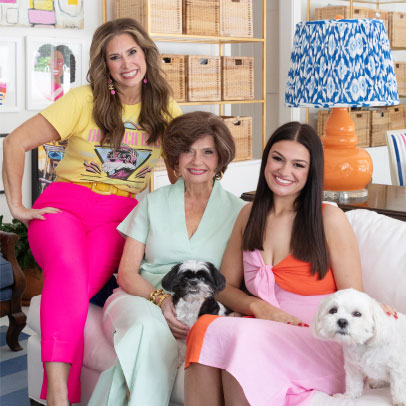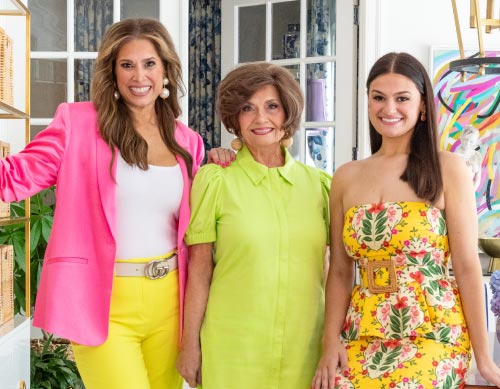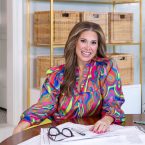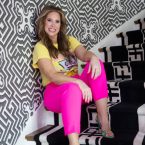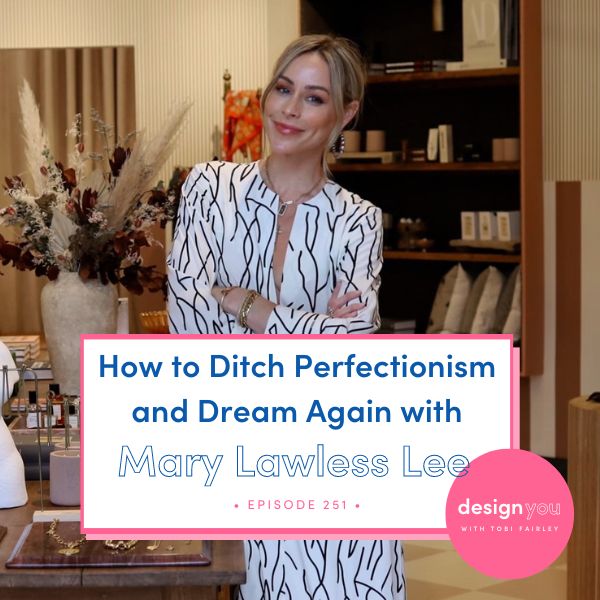
I’ve had so many conversations lately with people who don’t know what they want to do next, unsure of how to get their ideas off the ground, and forgetting how to dream of something beyond the day-to-day. If this sounds like a familiar story, you need to hear from this week’s guest, Mary Lawless Lee.
Mary Lawless Lee is both the founder and the face of the influential fashion blog Happily Grey. She turned her passion project into a well-respected brand, with a brick-and-mortar store in Nashville, TN, and she recently launched a new skincare line for mothers called Nemah. She’s done so many inspiring things, while balancing all of them with motherhood.
To go after her dreams, she had to keep perfectionism out of the way, balance her work with her family life, and not lose her identity in either area, so tune in this week to discover what it takes start dreaming again and the power of being intentional, not allowing perfectionism to stop you from going all in on your wildest dreams.
Ready to completely transform your business and finally take the action you’ve been putting off to create your online course? You can find out everything you need to know about the Online Course Incubator by clicking here. We can’t wait to welcome you, friend!

